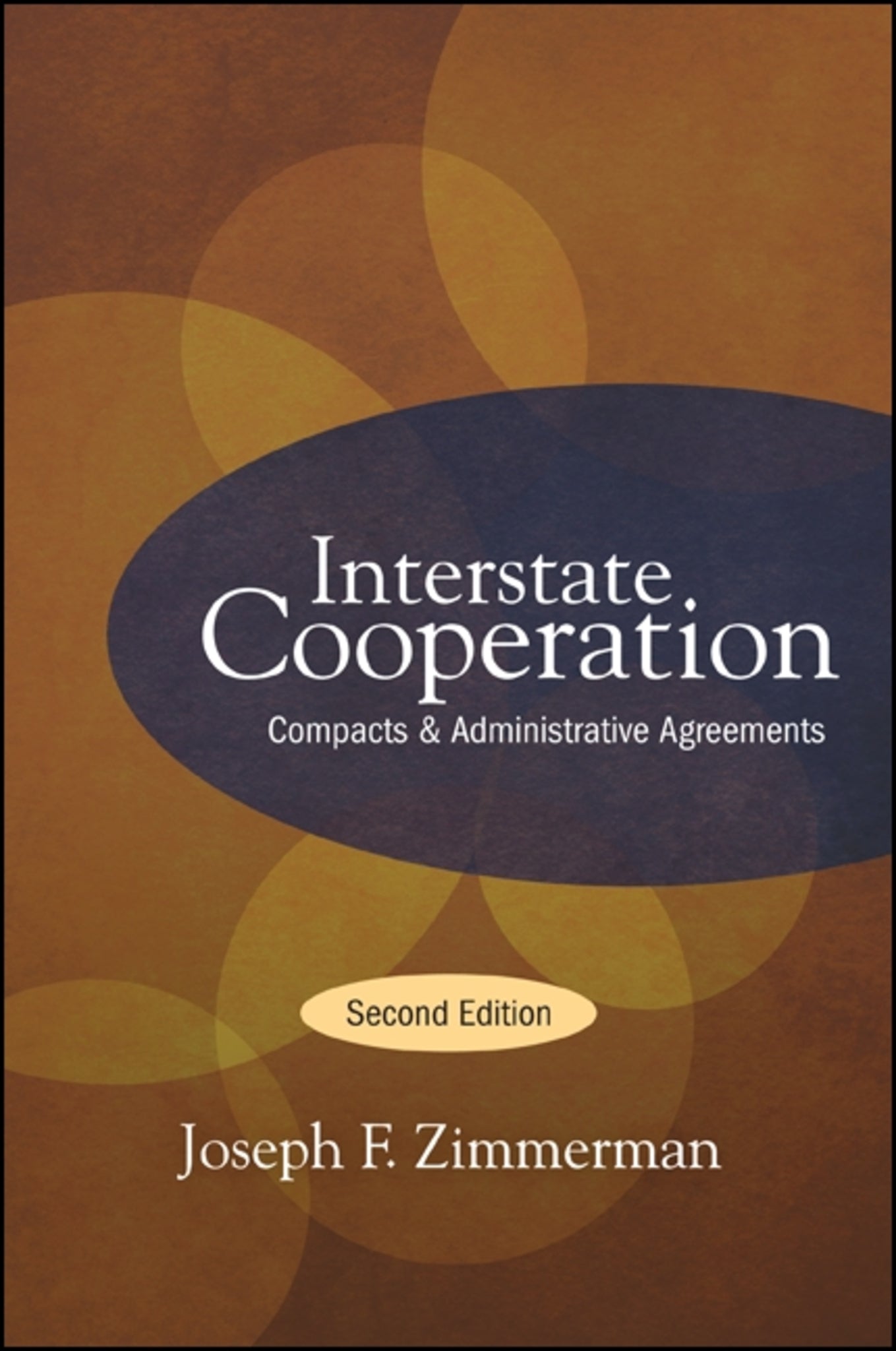We're sorry. An error has occurred
Please cancel or retry.
Interstate Cooperation

Some error occured while loading the Quick View. Please close the Quick View and try reloading the page.
Couldn't load pickup availability
- Format:
-
01 June 2012

First in-depth examination of the various forms of interstate cooperation and their central role promoting a successful federal system of government in the United States.
Cooperative interstate relations are essential for maintaining the economic and political union established by the United States Constitution. Despite this importance, interstate compacts, federal-state compacts, and interstate administrative agreements have generally been neglected by political scientists for more than half a century. In this second edition of Interstate Cooperation, Joseph F. Zimmerman demonstrates that many public goals can be achieved by either a compact or an agreement. Interstate administrative agreements, moreover, may be verbal or written, and have increased sharply in number because their flexibility allows changes to be made quickly without legislative authorization. Zimmerman aims to stimulate additional research on these forms of interstate cooperation in order to help formulate additional innovative solutions to our major interstate problems.


"Interstate Cooperation will prove to be a classic on the subject matter. This is a truly magnificent work on a topic that has been severely neglected by scholars." — Nelson Wikstrom, coauthor of American Intergovernmental Relations: A Fragmented Federal Polity
Preface
Acknowledgments
1. Interstate Comity
2. Constitutional Interstate Governance
3. The Compacting Process
4. Compact Commissions
5. State-administered Compacts
6. Formal and Informal Administrative Agreements
7. Interstate Comity: An Assessment
Appendix A: Interstate Compacts Granted Congressional Consent
Appendix B: Federal-Interstate Compacts Granted Congressional Consent
Notes
Bibliography
Index



